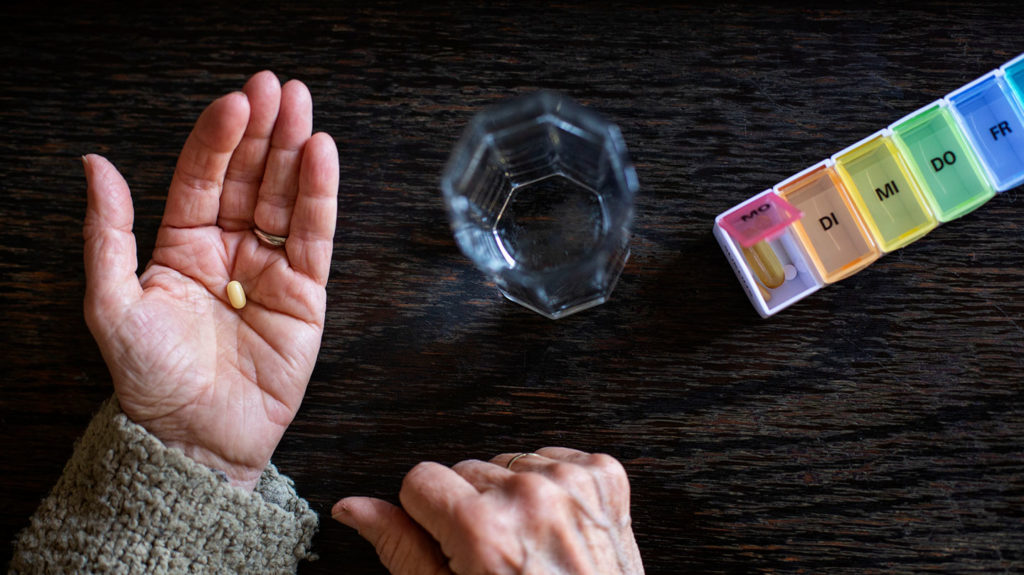
Even though experts say most older adults don’t need to take low-dose aspirin every day, many are still taking it to prevent strokes and heart attacks, according to a new poll.
Results from the University of Michigan’s National Poll on Health Aging showed that about 1 in 4 older adults pop an aspirin at least three times per week. The researchers said many people don’t need to take the low-dose aspirin, as 57% of people between 50 and 80 years old who take the aspirin don’t have a history of heart disease.
The 2023 poll on 2,657 adults between 50 and 80 years old found that 42% of all adults ages 75 to 80 are taking aspirin. Scientists estimate that about 31% of all adults ages 50 to 80 who take aspirin don’t appear to know about the bleeding risk associated with it, poll results show.
Of those surveyed, 71% began taking aspirin four or more years ago — they may continue based on outdated advice. The US Preventive Services Task Force published new recommendations in 2022 against daily aspirin use to prevent cardiovascular disease in people over the age of 60.
About 96% of those who take aspirin and a history of heart issues said their healthcare provider had recommended it. However, 77% of those who take aspirin and have no history of heart problems or risks said the same, suggesting a need for a discussion about updated guidelines. In addition, among those who take aspirin but have no heart disease history, 20% said they started doing it on their own and 5% said friends and family had advised them.
People need to talk with their doctors before starting a daily aspirin habit or stopping it. Daily aspirin recommendations are for those who have heart disease or have survived a stroke or heart attack, experts said. The medication can cause bleeding, which is why clinicians weigh the risk of using it based on an individual’s health risks.
“Aspirin is no longer a one-size-fits-all preventive tool for older adults, which for decades it was touted as,” Jordan Schaefer, MD, a hematologist at the University of Michigan School of Medicine, said in a statement. “This poll shows we have a long way to go to make sure aspirin use is consistent with current knowledge.”
The American Heart Association (AHA) and the American College of Cardiology (ACC) say a daily low-dose aspirin might be useful for heart disease prevention in some adults 40 to 70 who are at increased risk of heart problems but not bleeding.



